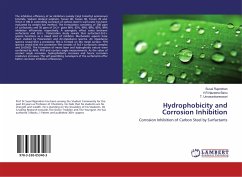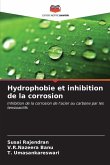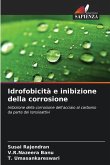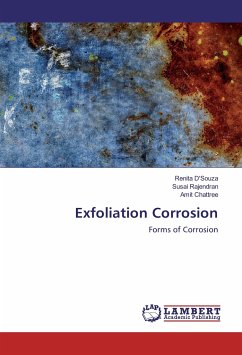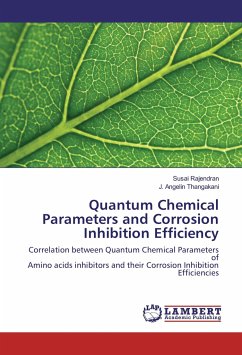The inhibition efficiency of six inhibitors namely Cetyl trimethyl ammonium bromide, Sodium dodecyl sulphate, Tween 80, Tween 60, Tween 20 and Triton X 100 in controlling corrosion of carbon steel in well water has been evaluated by weight loss method. The formulation consisting of 200 ppm of surfactants and 50 ppm of Zn2+ gives 96%, 92%, 90%, 88%, 85%, 84% inhibition efficiencies respectively. A synergistic effect exists between surfactants and Zn2+. Polarization study reveals that surfactant-Zn2+ system functions as a mixed kind of inhibitor. Mechanistic aspects have been studied by Polarization and AC-impedance spectra. AC impedance spectra reveal that a protective film is formed on the metal surface. FTIR spectra reveal that the protective film consists of Fe2+-surfactant complex and Zn(OH)2. The formation of mono layer and hydrophobic nature were confirmed by AFM, FTIR and contact angle measurements. As the value of contact angle increases, hydrophobicity increases and hencecorrosion resistance increases. The self assembling nanolayers of the surfactants offer better corrosion inhibition efficiencies.
Bitte wählen Sie Ihr Anliegen aus.
Rechnungen
Retourenschein anfordern
Bestellstatus
Storno

